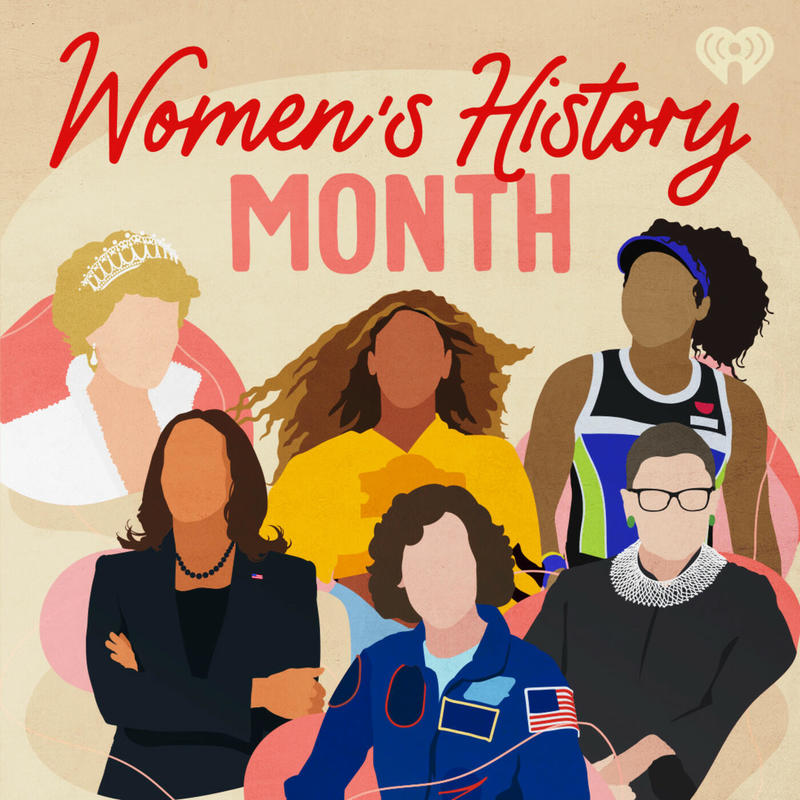March is Women’s History Month, a time dedicated to recognizing the achievements, contributions, and resilience of women throughout history. From groundbreaking scientists and fearless activists to talented artists and powerful leaders, women have shaped our world in ways that are often overlooked.
The Origins of Women’s History Month
Women’s History Month traces its roots to International Women’s Day, first observed in 1911. In 1980, President Jimmy Carter declared the week of March 8 as National Women’s History Week, and by 1987, Congress expanded the celebration to the entire month of March. Since then, it has been a time to highlight the progress women have made while acknowledging the challenges they continue to face.
Women Who Changed History

Throughout history, countless women have defied expectations and made lasting impacts in their fields. Some notable figures include:
- Susan B. Anthony & Elizabeth Cady Stanton – Pioneers of the women’s suffrage movement, they fought tirelessly for the right to vote, leading to the ratification of the 19th Amendment in 1920.
- Rosa Parks – Known as the “Mother of the Civil Rights Movement,” her refusal to give up her seat on a segregated bus sparked a nationwide movement for racial equality.
- Marie Curie – A trailblazing scientist, she became the first woman to win a Nobel Prize and remains the only person to win in two different scientific fields.
- Malala Yousafzai – A modern advocate for girls’ education, she survived an assassination attempt by the Taliban and became the youngest Nobel Prize laureate.
Why Women’s History Month Matters Today
While progress has been made, gender inequality still exists in many areas, from wage gaps to underrepresentation in leadership positions. Women’s History Month serves as a reminder of the work still needed to achieve true equality. It also encourages us to uplift the voices of women in our communities and support movements that advance women’s rights.
How to Celebrate and Get Involved
- Learn & Educate – Read books, watch documentaries, or listen to podcasts about influential women in history.
- Support Women-Owned Businesses – Shop at stores and support brands led by women entrepreneurs.
- Attend Events – Many schools and organizations host discussions, panels, and workshops to honor women’s contributions.
- Advocate for Change – Speak up about issues affecting women today, from workplace equality to reproductive rights.
Women’s History Month is more than just a celebration – it’s a call to action. By acknowledging the past and striving for a more inclusive future, we honor the women who paved the way and empower the next generation to continue the fight for equality.





































